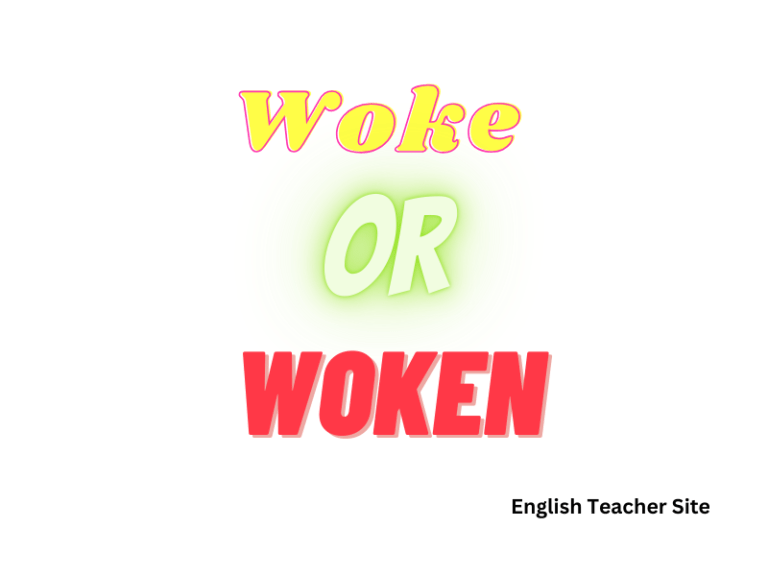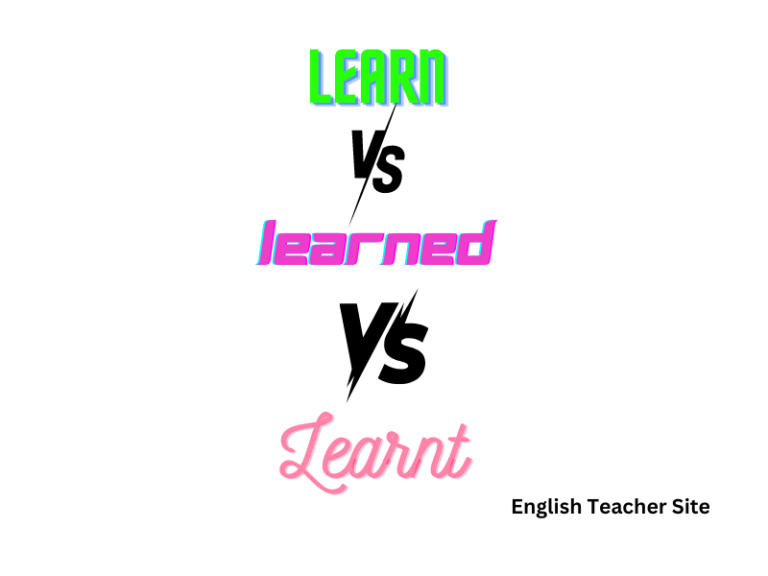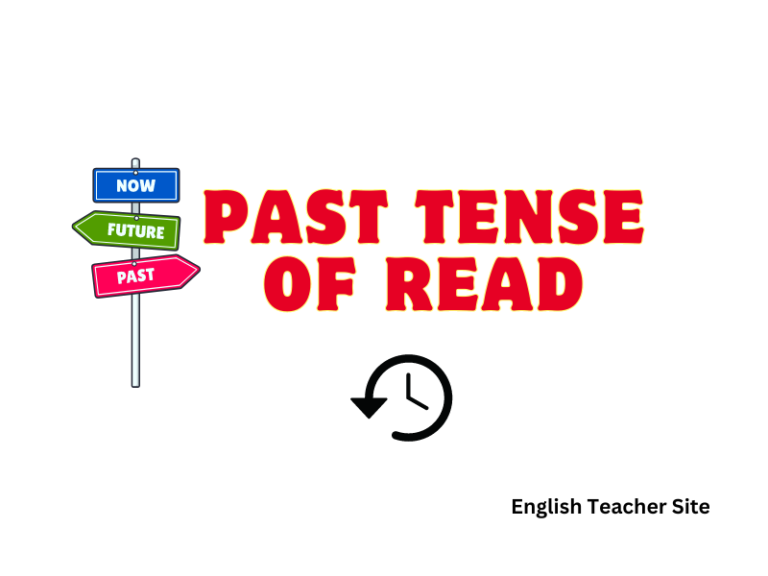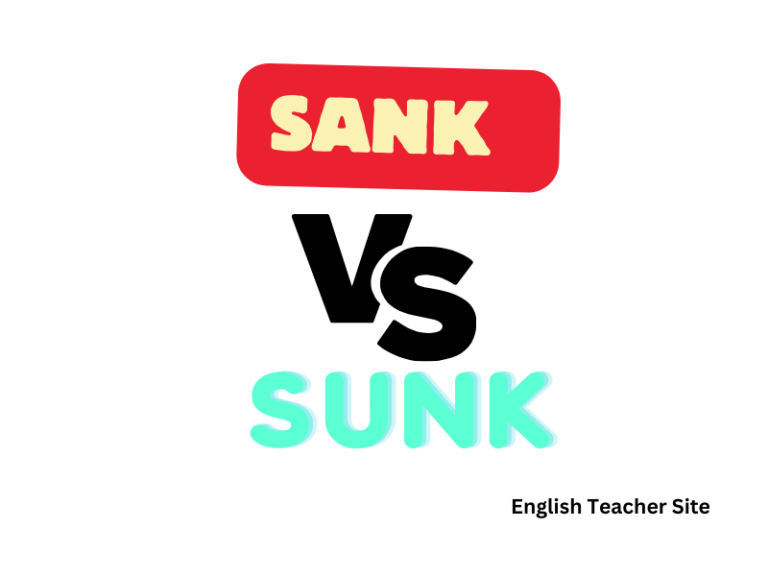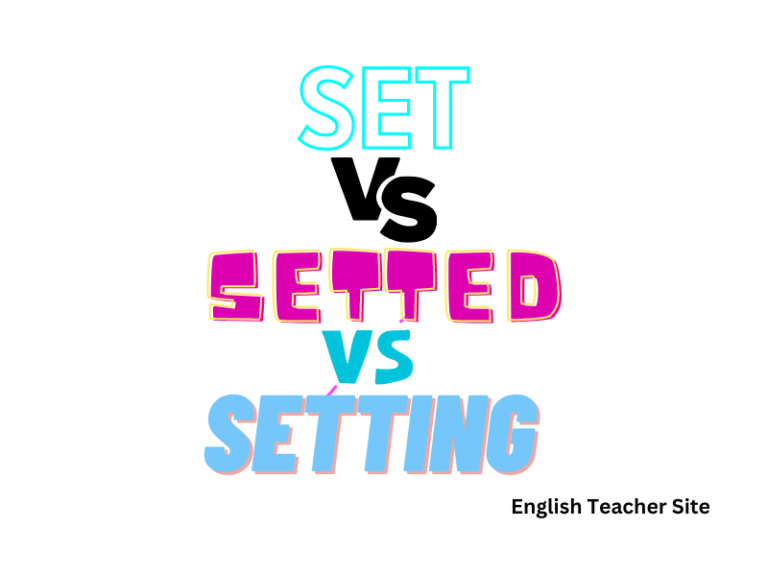Deal vs Dealt: Understanding the Past Tense of Deal

- “Dealt” is the simple past tense of “deal,” while “dealed” is incorrect.
- Correct use of “deal” in various tenses reflects precise communication.
- The verb “deal” has several meanings, including to distribute, negotiate, or manage.
In English, most verbs form their past tense by adding ‘-ed’ to the base form. However, “deal” is an exception to this rule. The past tense of “deal” is “dealt,” not “dealed.” This often leads to confusion because it does not follow the standard pattern of verb conjugation.
Dealed or Dealt: Which Is Correct?
The verb deal is often used in various contexts ranging from business transactions to distributing cards in a game. However, confusion arises when it comes to its past tense form. Is it “dealed” or “dealt”?
“Dealt” is the correct past tense and past participle form of the verb “deal.”
Dealed is incorrect.
Below is a concise representation of the forms of “deal”:
| Tense | Form |
|---|---|
| Present | deal |
| Past | dealt |
| Past Participle | dealt |
| Present Participle | dealing |
| Future | will deal |
To provide further clarity, here are usages of the verb “deal” in a sentence:
- Present: They deal cards with precision.
- Past: They dealt cards at last night’s game.
- Present Participle: She is dealing with the issue efficiently.
- Past Participle: They have dealt with similar challenges before.
- Future: They will deal with the new regulations promptly.
Typical errors in usage include:
- Incorrect: Yesterday, I dealed with a difficult client.
- Correct: Yesterday, I dealt with a difficult client.
In summary, always use “dealt” when referring to the past tense or past participle form of the verb “deal.” This holds true regardless of the context, ensuring correct grammar and clear communication in both written and spoken English.
Practical Applications of the Verb ‘Deal’
The verb ‘deal’ plays a significant role in various contexts, particularly in business, negotiation, and colloquial speech. Understanding its applications requires familiarity with its present tense form, “deal,” and its past tense form, “dealt.”
Using ‘Deal’ in Business and Negotiation
In business, ‘deal’ is often associated with transactions and agreements. The action of making a deal involves discussion, exchange of offers, and finalizing terms. For example:
- In the present tense: “They deal in technology markets.”
- In the past tense: “The company dealt with several vendors last month.”
| Aspect of Negotiation | Example with ‘Deal’ |
|---|---|
| Present Negotiations | She deals with contract negotiations. |
| Past Agreements | They had dealt with the merger swiftly. |
Dealing with Difficult Situations and Customers
Every business at some point must deal with difficult situations or customers. Whether it’s a complaint or a challenging demand, handling such scenarios is a skill learned over time:
- “Dealing with customer complaints requires patience and understanding.”
- “The representative dealt with the difficult situation calmly.”
Here, ‘deal’ exemplifies the act of managing or ‘giving‘ attention to a difficult scenario. It’s common to hear in a business setting:
- “Our team is dealing with the issue as we speak.”
- “They dealt with similar cases last year successfully.”
Expressions and Idiomatic Uses of ‘Deal’
The verb ‘deal’ also surfaces in various expressions and idiomatic usage that enriches the English language. Native speakers often use ‘deal’ in a casual context to convey agreement, understanding, or acceptance of a situation:
- “Deal with it,” implying acceptance or resignation to a fact.
- “Let’s make a deal,” suggesting an agreement or bargain.
Dealing with verbs in the English language, one can observe ‘deal’ as a transitive and intransitive verb, allowing for its usage with or without direct objects. It’s noteworthy to recognize that ‘deal’ as a regular verb would have adopted the form ‘dealed’, however, it is an irregular verb, making ‘dealt’ the correct past tense form.
Synonyms of Verb “deal”
When discussing the verb “deal,” it is essential to explore its synonyms, which can often be used interchangeably depending on context. This exploration helps clarify misconceptions and enhances understanding of verb tenses.
Synonyms of deal, such as ‘manage’, ‘handle’, or ‘conduct’, may be used interchangeably, yet they lack the specific nuance ‘deal’ offers, especially when used colloquially or in phrases. Within the game of cards, ‘deal’ has a literal application:
- “It’s your turn to deal,” instructing a player to distribute cards.
Common Mistakes in Verb Usage
Deal, an irregular verb, often trips up English learners due to its uncommon past form. Below is a table highlighting common errors in verb forms:
| Incorrect Verb Form | Correct Verb Form |
|---|---|
| deal | dealt (simple past) |
| dealed | dealt (past participle) |
| is dealing | is dealing (present participle) |
Understanding the Present, Past, and Perfect Tenses
Engaging with the verb “deal” in various tenses showcases its usage across time frames. The bullet list below illustrates the correct forms and uses:
- Present: “She deals cards.”
- Present Continuous: “She is dealing cards now.”
- Simple Past: “Yesterday, she dealt the cards.”
- Past Continuous: “She was dealing cards when it started raining.”
- Present Perfect: “She has dealt cards professionally since 2010.”
- Future Perfect: “By next year, she will have dealt cards for a decade.”
“Deal” remains consistent in its present and present participle forms, but shifts noticeably in its simple past and past participle. Understanding these tenses is crucial to mastering the conjugations of the verb.
Using “deal” appropriately requires a grasp of its tense forms, which enables accurate and effective communication, especially when it comes to written and spoken English.
Sources :
Definition of deal, Collin’s Dictionary.
Etymology online, origin of deal.
My name is Khamis Maiouf. I am the creator of the English Teacher Site, dedicated to providing valuable resources and insights for students around the world. With a passion for education and a commitment to helping students enhance their skills, I aim to make English teaching more effective and enjoyable for both educators and students.

